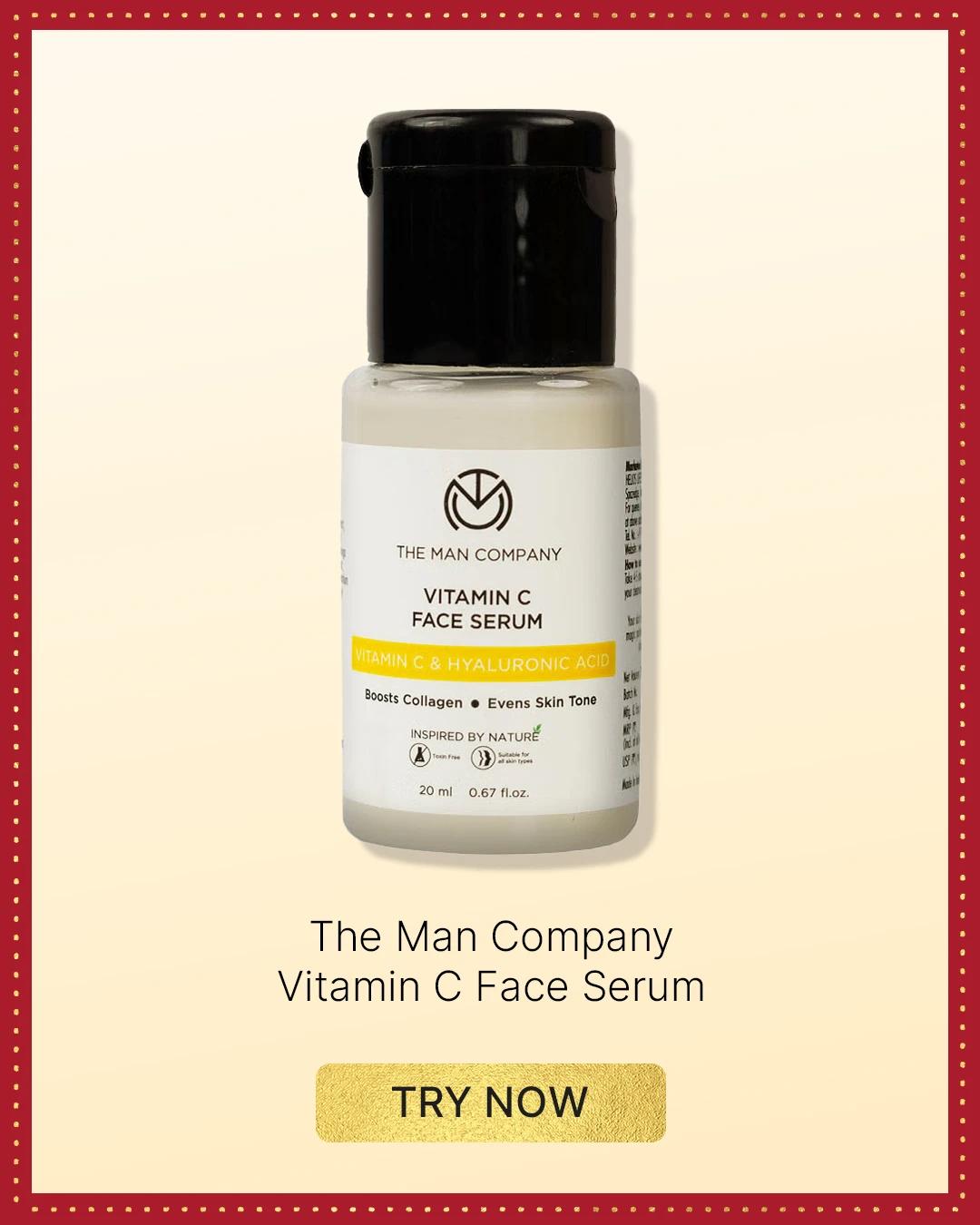anti-aging benefits, look for formulations that pair vitamin C with peptides or retinol alternatives. These facial radiance enhancers tackle multiple signs of aging whilst boosting your natural glow.
How to Incorporate Vitamin C Serum into Your Skincare Routine
Timing is everything with vitamin C. Most experts recommend using it in the morning to take advantage of its protective benefits throughout the day. Apply it after cleansing but before moisturiser and sunscreen—think of it as your skin's daily armour.
Start slowly if you're new to vitamin C. Use your serum every other day for the first week, then gradually increase to daily use as your skin adjusts. This approach helps prevent irritation whilst building up your skin's tolerance.
Tips for Maximum Efficacy
Store your serum properly—cool, dark places are best. Some people even keep theirs in the fridge for extra stability. Watch for signs of oxidation like colour changes from clear to yellow or brown.
Layering matters too. Apply your vitamin C serum on clean skin, wait a few minutes for absorption, then follow with your moisturiser. During the day, always finish with SPF—vitamin C and sun protection are the ultimate power couple for healthy skin.
Common Mistakes to Avoid When Using Vitamin C Serums
Don't make the rookie mistake of thinking more equals better. Using too much product or too high a concentration too quickly can lead to irritation, redness, and peeling. Your skin needs time to adjust.
Avoid mixing vitamin C with certain ingredients that can cause reactions. Retinol and vitamin C can be used together, but many people prefer to alternate them—vitamin C in the morning, retinol at night.
Lastly, don't ignore expiration dates or signs that your serum has gone off. Oxidised vitamin C isn't just ineffective—it can actually irritate your skin.
Frequently Asked Questions
How long does it take to see results from a vitamin C serum?
Most people notice initial brightening effects within 2-4 weeks of consistent use. For significant improvements in skin tone evening and dark spot reduction, give it 8-12 weeks. Remember, skincare is a marathon, not a sprint.
Can I use vitamin C serum if I have sensitive skin?
Absolutely! Start with gentler forms like sodium ascorbyl phosphate or magnesium ascorbyl phosphate at lower concentrations. Patch test first and introduce it gradually into your routine.
Is a higher percentage of vitamin C always better?
Not necessarily. Your skin can only absorb so much vitamin C at once. Concentrations above 20% don't necessarily provide better results and might cause irritation. Find what works for your skin type.
Can I use vitamin C serum during pregnancy?
Vitamin C serums are generally considered safe during pregnancy, but it's always best to consult with your healthcare provider about any skincare changes during this time.
Final Thoughts
Choosing the best vitamin C serum for your face doesn't have to be overwhelming. Focus on finding a stable formulation that suits your skin type and concerns. Whether you're after a brightening facial serum, an effective hyperpigmentation treatment, or a gentle daily antioxidant face product, the right vitamin C serum is worth the research.
Remember, consistency beats perfection every time. A moderate-strength serum used regularly will give you better results than a high-potency one that irritates your skin. Start slow, be patient, and give your skin time to show you what it can do. Your future glowing self will thank you for taking the time to choose wisely.

 200ml
200ml Combo
Combo 100 gm
100 gm 50 gm
50 gm